
Ich will da sein - Jenny Gröllmann
Watch Movie
Share
Cast & Crew
6 members
Acting
Jenny Gröllmann
Self
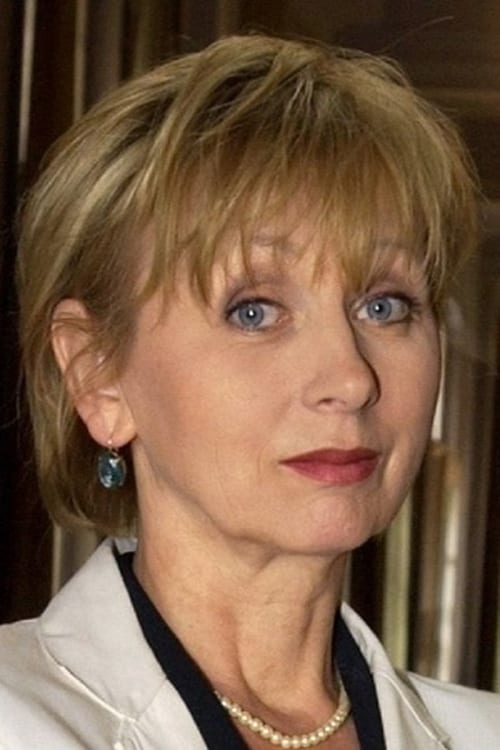
Acting
Michael Gwisdek
Self
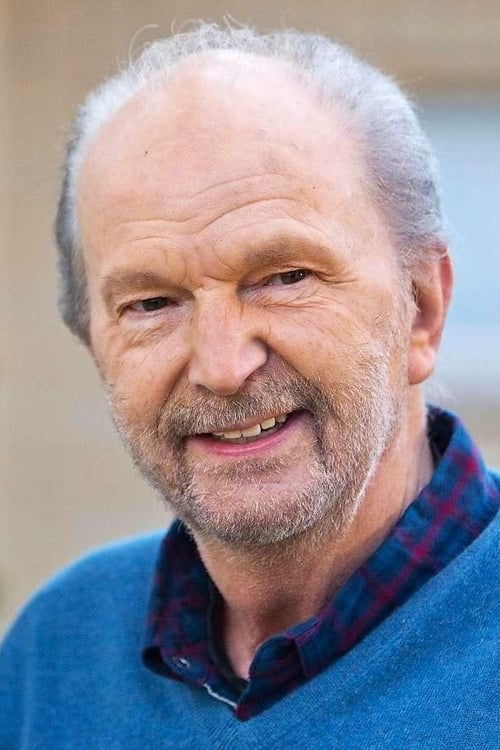
Acting
Henry Hübchen
Self
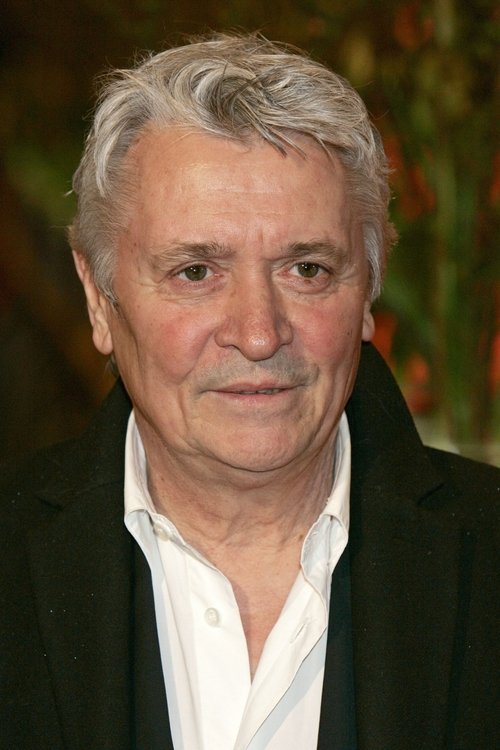
Acting
Anna Maria Mühe
Self

Acting
Jaecki Schwarz
Self
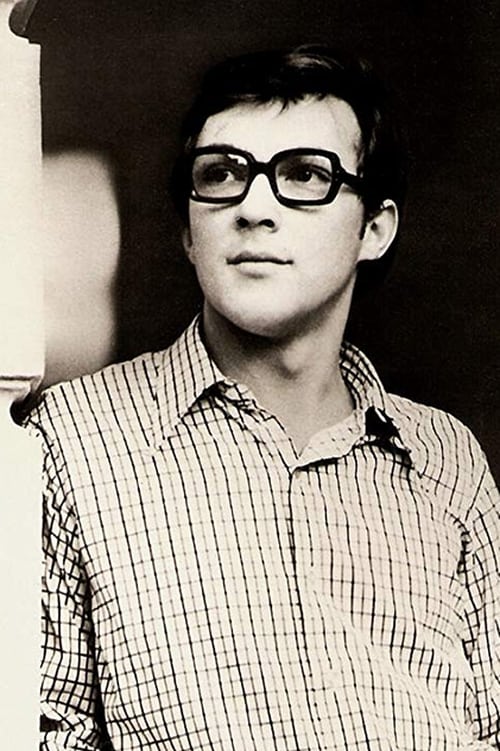
Acting
Uwe Kockisch
Self
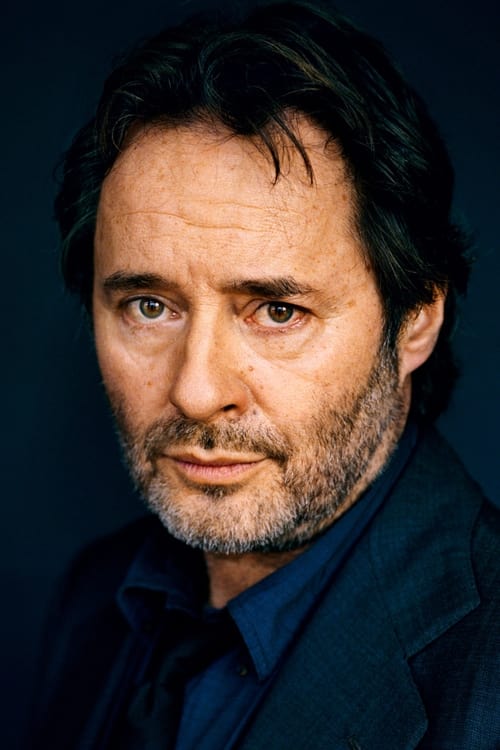

Self

Self

Self

Self

Self

Self
